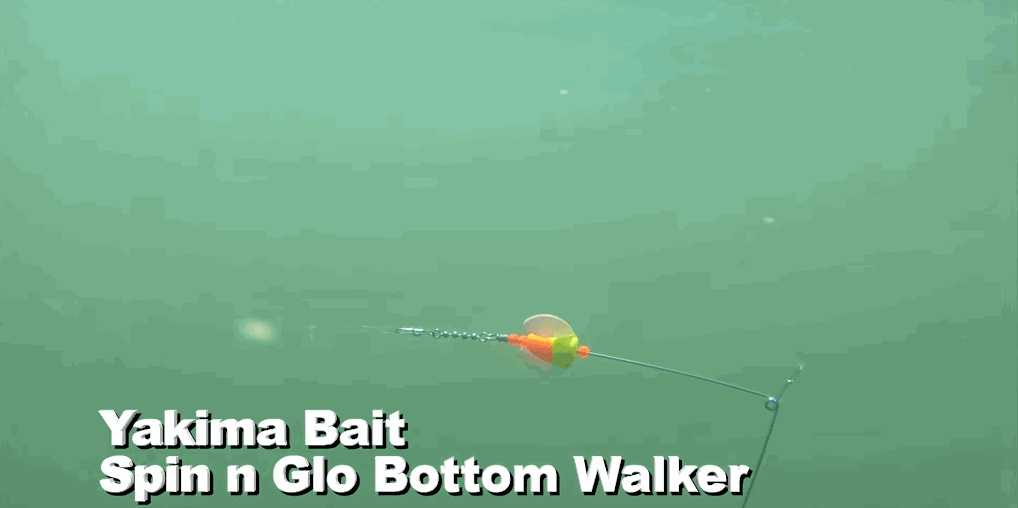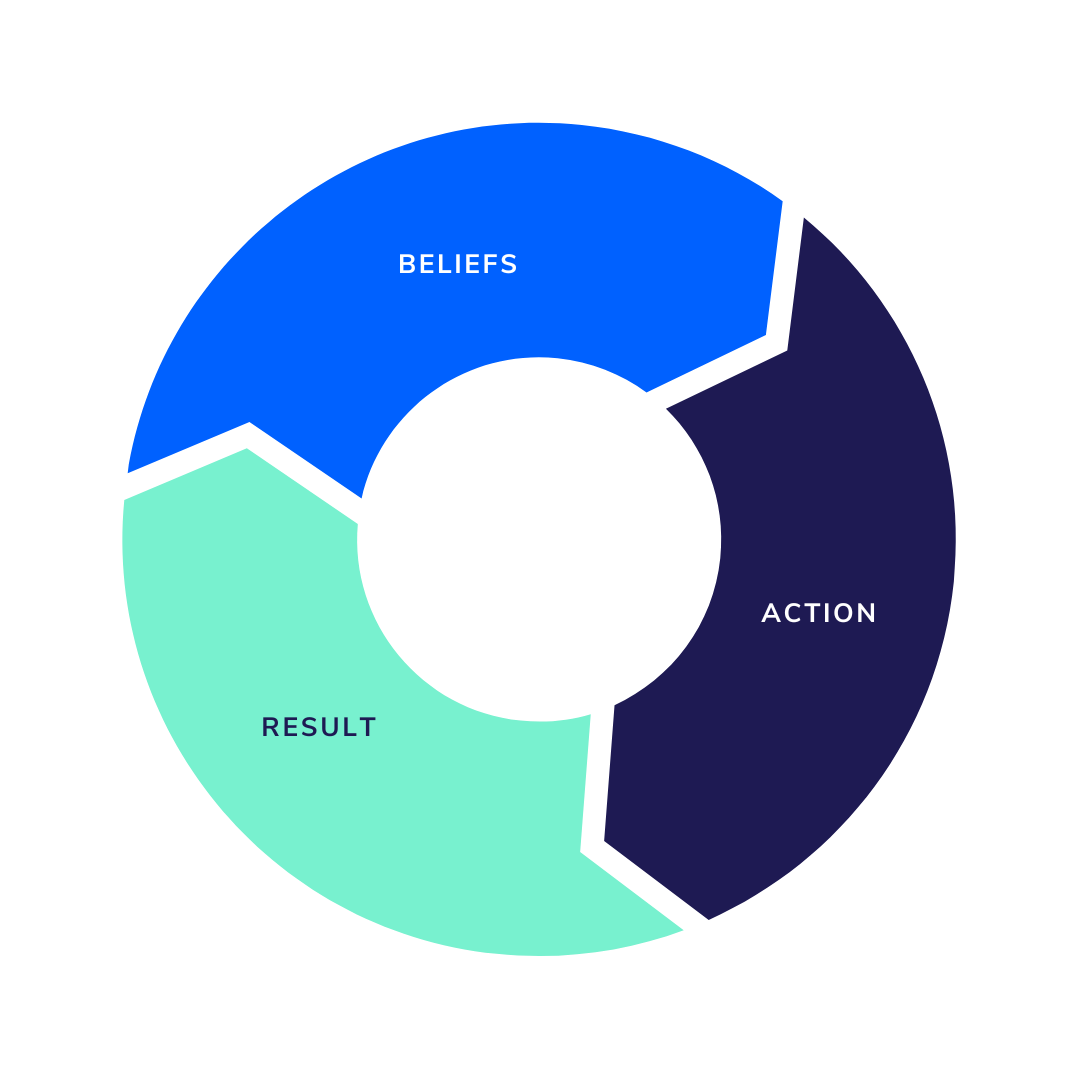I've spoken to hundreds of professional creators on the podcast, and it's become clear to me that optimism is a common virtue and a precursor to achievement.
To be optimistic is to believe that things are possible. Not only that they are possible, but they are likely.
When you default to optimism, you show up and act differently than if you default to pessimism.
I go on a lot of fishing trips with my dad. He likes to say that I’m a “lucky son of a gun” but the truth is that I’m just optimistic – and fishing taught me that.
I believe I’m going to catch fish. Of course, I can’t control everything – and it can’t happen without certain conditions – but my belief leads to positive behavior.
Let me explain what I mean.
Depending on what you’re trying to catch, you use different tackle (tools) and different techniques (tactics).
We went fishing for walleye this week. My dad created 36 different “harnesses” – which are a combination of a lure and fishing line. It looks a little like this:

These harnesses are designed to present the bait in a specific manner to the fish – literally, the way the bait LOOKS as it moves through the water.
The way you present the bait makes it more (or less) attractive to the fish (sounds a lot like packaging, right?).
Here's what that looks like:

But here’s the thing – good presentation doesn’t just happen.
Not only do you have to have the right tool, but you have to use it in the right way. This is where technique comes into play – as the fisherman in the boat holding the pole, you have to be diligent in your technique so the presentation of the lure happens in the way you want it to.
This technique isn’t always easy – it can be complicated, nuanced, and even exhausting. You may reel in your line only to realize you have a tangle, or there’s seaweed on the line that needs to be cleaned off. As time passes, it’s easy to get lax in your technique and take it a little less seriously.
Why work so hard if I'm not seeing the outcome I wanted?
As a result, the bait won’t present itself as well to the fish and your chances of catching something diminish further.
See the downward spiral?
Your beliefs precede your actions. Your actions precede your results. Your results reinforce your belief.

When you’re optimistic as a fisherman, you carry yourself differently and you are more diligent in your technique. As a result, your presentation is better, and you’re more likely to catch fish. This reinforces your optimism and good technique, which creates a positive virtuous cycle.
When you’re pessimistic, you’re less likely to be diligent in your approach. So you don’t give yourself the best chance, your odds of success get lower, and it reinforces your pessimism.
Optimimists don’t believe in magic – they just believe if they do their part, good things will happen. They control the controllables.
It’s hard to be optimistic – because it leads to doing the hard work required to create that optimistic outcome.
But pessimism is easy. Pessimism says that things are out of your control and invites you to let go of any responsibility.
When you’re pessimistic, you cut corners. You make subtle decisions that self-sabotage and become a self-fulfilling prophecy of your pessimism.
Pessimists like to make others pessimistic too. People taking responsibility for their actions and outcomes make a pessimist feel bad.
Pessimists like to call optimists arrogant. I'm not lobbying for you to act arrogantly, but optimism ≠ arrogance.
It’s hard to fight against the pessimism surrounding us – but you have to fight that fight.
Optimism creates positive belief.
Positive belief create positive actions.
Positive actions create positive results.


Join 54,000+ creators learning from firsthand experiments, expert interviews, and actionable advice every week.